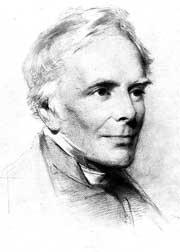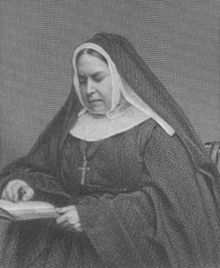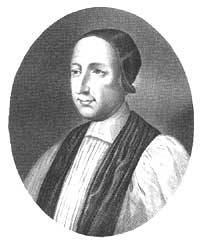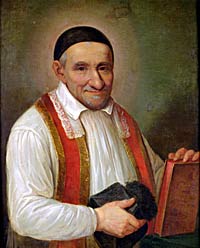John Donne, Priest and Poet, 1631
The Collect:
O God of eternal glory, whom no one living can see and yet whom to see is to live; grant that with your servant John Donne, we may see your glory in the face of your Son, Jesus Christ, and then, with all our skill and wit, offer you our crown of prayer and praise, until by his grace we stand in that last and everlasting day, when death itself will die, and all will live in you, who with the Holy Spirit and the same Lord Jesus Christ are one God in everlasting light and glory. Amen.
“All mankind is one volume. When one man dies, one chapter is torn out of the book and translated into a better language. And every chapter must be so translated. God employs several translators. Some pieces are translated by age, some by sickness, some by war, some by justice. But God's hand shall bind up all our scattered leaves again for that library where every book shall lie open to another.”
Donne (rhymes with “sun”) was born in 1573 (his father died in 1576) into a Roman Catholic family, and from 1584 to 1594 was educated at Oxford and Cambridge and Lincoln's Inn (this last a highly regarded law school). He became an Anglican (probably around 1594) and aimed at a career in government. He joined with Raleigh and Essex in raids on Cadiz and the Azores, and became private secretary to Sir Thomas Egerton. But in 1601 he secretly married Anne More, the 16-year-old niece of Egerton, and her enraged father had Donne imprisoned. The years following were years of poverty, debt, illness, and frustration. In 1615 he was ordained, perhaps largely because he had given up hope of a career in Parliament.
From the above information, the reader might conclude that Donne's professed religious belief was mere opportunism. But the evidence of his poetry is that, long before his ordination, and probably beginning with his marriage, his thoughts were turned toward holiness, and he saw in his wife Anne (as Dante had earlier seen in Beatrice) a glimpse of the glory of God, and in human love a revelation of the nature of Divine Love. His poetry, mostly written before his ordination, includes poems both sacred and secular, full of wit, puns, paradoxes, and obscure allusions at whose meanings we can sometimes only guess, presenting amorous experience in religious terms and devotional experience in erotic terms, so that I have seen one poem of his both in a manual of devotion and in a pornography collection.
After his ordination, his reputation as a preacher grew steadily. From 1622 until his death he was Dean of St. Paul's Cathedral in London, and drew huge crowds to hear him, both at the Cathedral and at Paul's Cross, an outdoor pulpit nearby. His prose style is in some ways outdated, but his theme continues to fascinate: “the paradoxical and complex predicament of man as he both seeks and yet draws away from the inescapable claim of God on him.” *
The Lectionary, James Kiefer, http://satucket.com/lectionary/John_Donne.htm Much more about Donne’s poetry is included.






.jpg)








